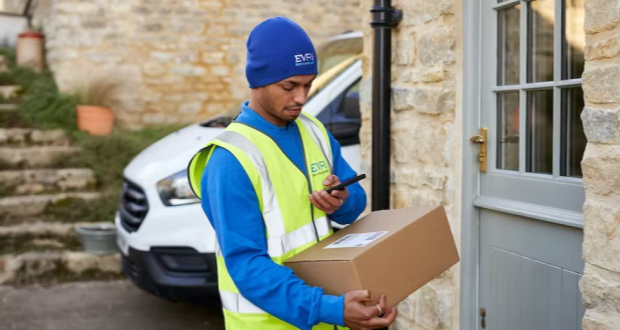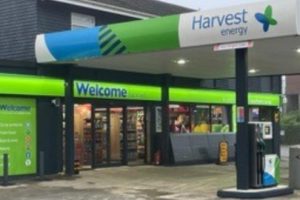The majority owner, Advent International, is working with advisers from investment bank Rothschild to explore options for Evri, according to The Sunday Times.
Advent International purchased a 75% stake in the company, formerly known as Hermes UK, for around £850m in 2020 while German-based Otto group owns the other 25%.
Evri currently employs over 7,000 members of staff at its offices and warehouses, plus around 20,000 freelance drivers.
Evri experienced exponential growth during Covid-era lockdowns but profits dropped since then and last year the company reported a £77m loss for the year to 25 February.
That followed an apology from the firm to customers in 2022 after the number of late deliveries on Black Friday and Christmas rose by nearly one third year-on-year.
In a survey last year from the consumer website MoneySavingExpert, Evri was ranked as the worst parcel delivery firm in the UK, ahead of Yodel which is reportedly looking for a buyer, and could call in administrators if one is not found.
The company, which employs about 10,000 people, has said it is in the “final stages” of talks over options for the company amid concern over its future.
Speaking about the latter, Paul Dodd, co-founder and CIO at huboo, the Bristol-based fulfilment company, said: “The reality is that moving parcels has become more costly, and as carriers attempt to sort through 10,000s of generic parcels each and every day, success in the space is being defined by who can optimise their processes – empowered by technology – versus who is stuck operating to the old manual methods.
“Yodel hasn’t invested in optimisation as heavily as some of its peers, while its misfortunes also serve as a cautionary tale for the rest of the industry about the perils of running a premium service during a downturn. Premium services are very costly to operate and Yodel has ended up subsidising the service to attract customers – potentially a fatal move.
“Despite Yodel’s troubles, however, carrier network capacity is steadily growing, so we don’t anticipate too many issues for e-commerce brands or their customers should it fall by the wayside.
“Of course, there could be massive volume to be split across the other carrier networks, and it will be interesting to see if carriers compete for this business based on price, or whether they hold firm and sell on service.
“For 3PLs such as ourselves, a degree of carrier consolidation may not be a bad thing. Working with a small handful of proven and robust carriers is easier from a relationship perspective, and brings more consistently and predictability to our own day-to-day operations.”
 Talking Retail Grocery and product news for independent retailers
Talking Retail Grocery and product news for independent retailers






